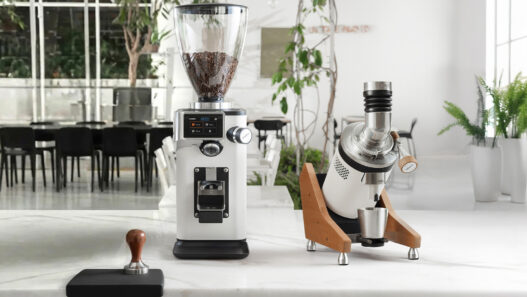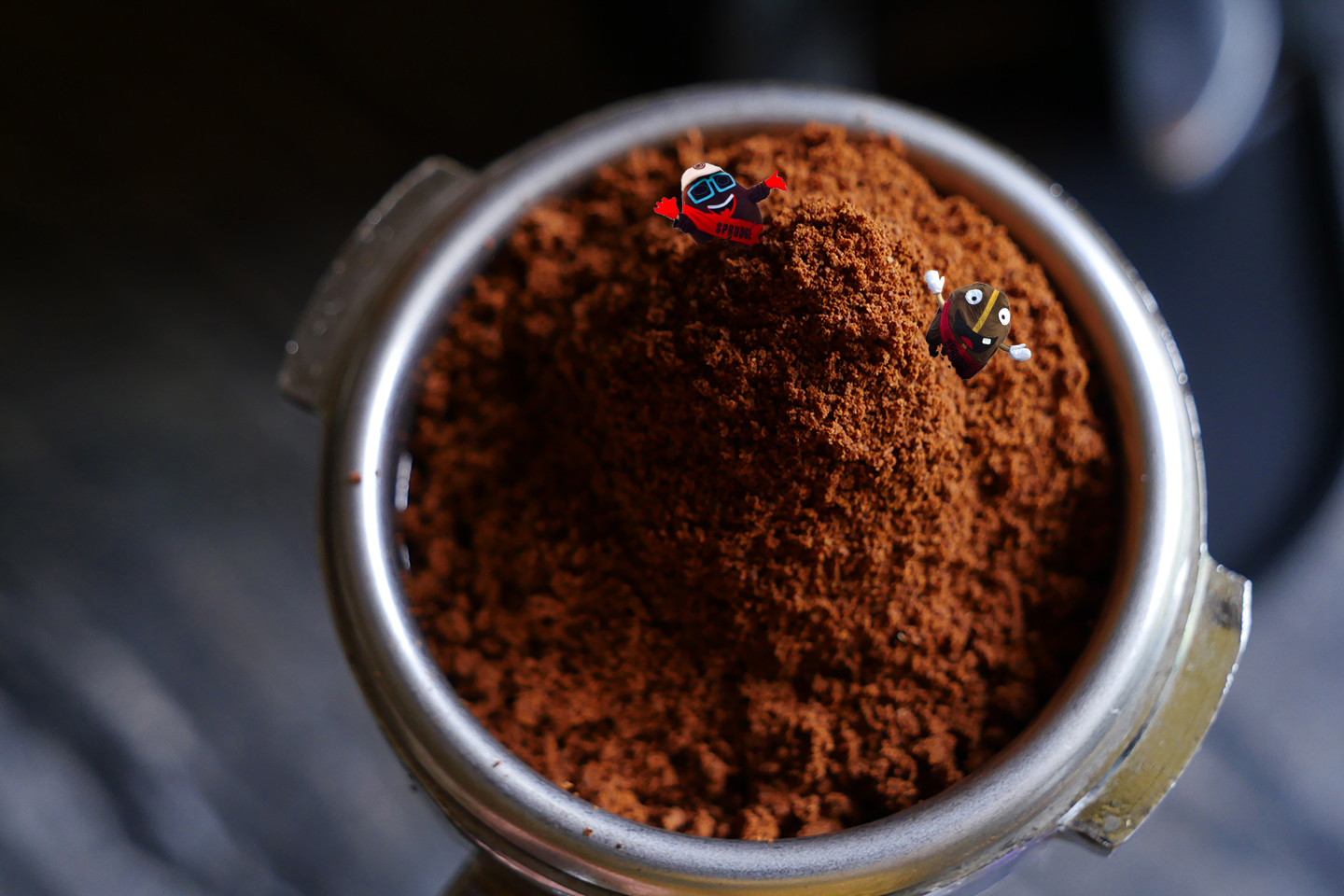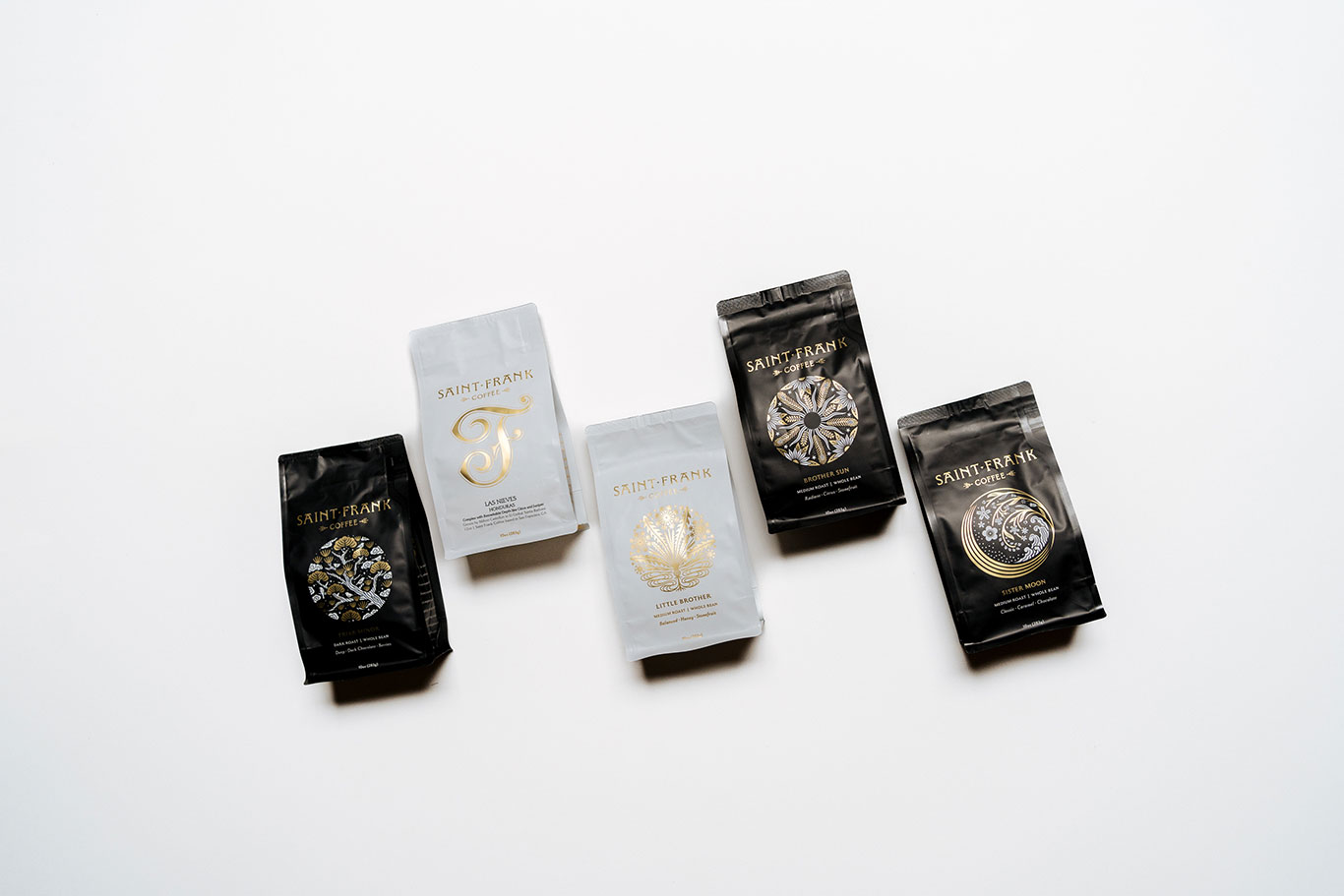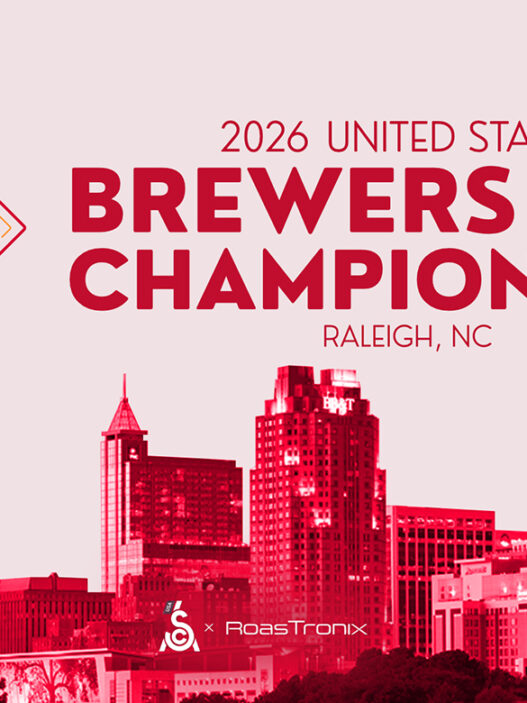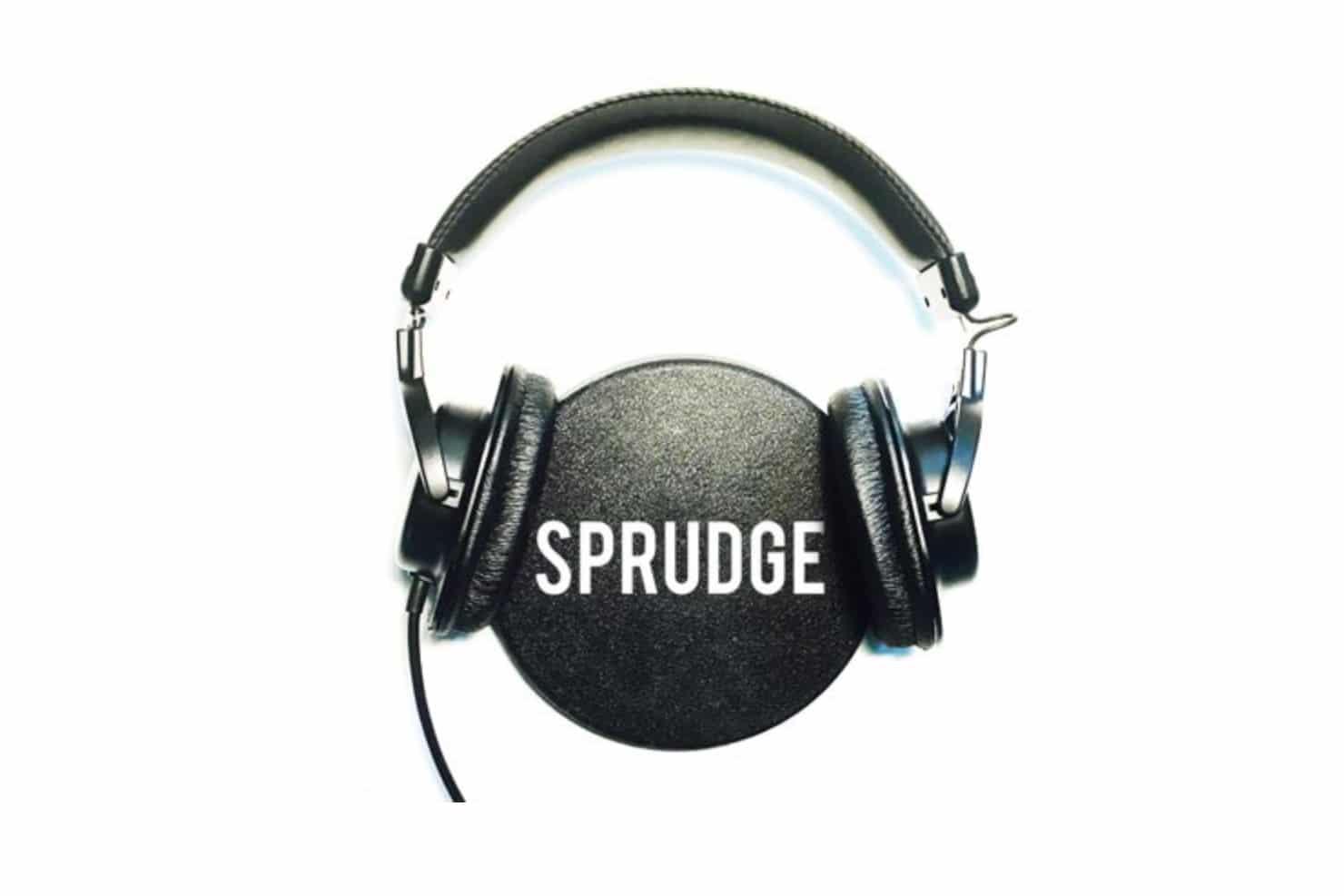Espresso is basically magic. The more I learn about what goes on inside the black box that is the portafilter, the more certain I am of it. Take for example a 2020 study that found that, completely counter-intuitively, the finer you grind an espresso, the less extraction you get. It doesn’t make sense. Make it make sense.
A new study in the journal American Institute of Physics is trying to do just that. As it turns out, the decrease may be due to finer ground coffee leading to uneven extraction.
As reported by Science Daily, the new findings are the work of researchers from the University of Huddersfield in England who used a “simple mathematical model” to determine what the heck was going on inside that caffeinated little pressure cooker.
In the model, they separated the coffee grounds into two different regions, one more tightly packed than the other. In the more tightly packed region, the water flowed more quickly through the bed, resulting in lesser extraction.
“Our model shows that flow and extraction widened the initial disparity in flow between the two regions due to a positive feedback loop, in which more flow leads to more extraction, which in turn reduces resistance and leads to more flow,” said co-author William Lee. “This effect appears to always be active, and it isn’t until one of the regions has all of its soluble coffee extracted that we see the experimentally observed decrease in extraction with decreasing grind size.”
The culprit, per the study, is unevenness caused by the fineness of the grind, and in fact, the researchers “were surprised to find the model always [predicted] uneven flow across different parts of the coffee bed.” Unevenness, it seems, is always present, but it’s often masked when looking at overall extraction because some areas will over-extract, compensating for the under-extracted part. This is not ideal, of course, because mixing under- and over-extracted expressos together is less preferable than creating a uniformly even extraction in the first place.
The next step, per Lee, is “to make the model more realistic to see if we can obtain more detailed insights into this confusing phenomenon” in order to decipher if it “is possible to make changes to the way espresso coffee is brewed to reduce the amount of uneven extraction.” I’m eagerly awaiting the next round of this research from the team at the University of Huddersfield, but in the meantime, the magic continues.
Zac Cadwalader is the managing editor at Sprudge Media Network and a staff writer based in Dallas. Read more Zac Cadwalader on Sprudge.








